I always get a bit nervous before a big trip or expedition. Perhaps I shouldn’t; I’ve been heading off on big trips, long climbs, for decades now. But, I find the nerves, the slow, prickling rumble of uncertainty scratching incessantly in the background to be an odd form of comfort, comfort gleaned from the knowledge that when there’s no nervousness, no itch of fear asking, begging to be scratched…well, that’s where complacency grows, guards are let down, and best laid plans can fall apart before they even begin.
So, yeah, I’m a bit nervous looking toward this trip, my ninth on Mount Kilimanjaro. In a couple days, my family and I will be off, airborne for some 11,000 miles to Tanzania. Together, we’ll be four adults outnumbered by five children ages 9 to 14. Whew. Nerves.
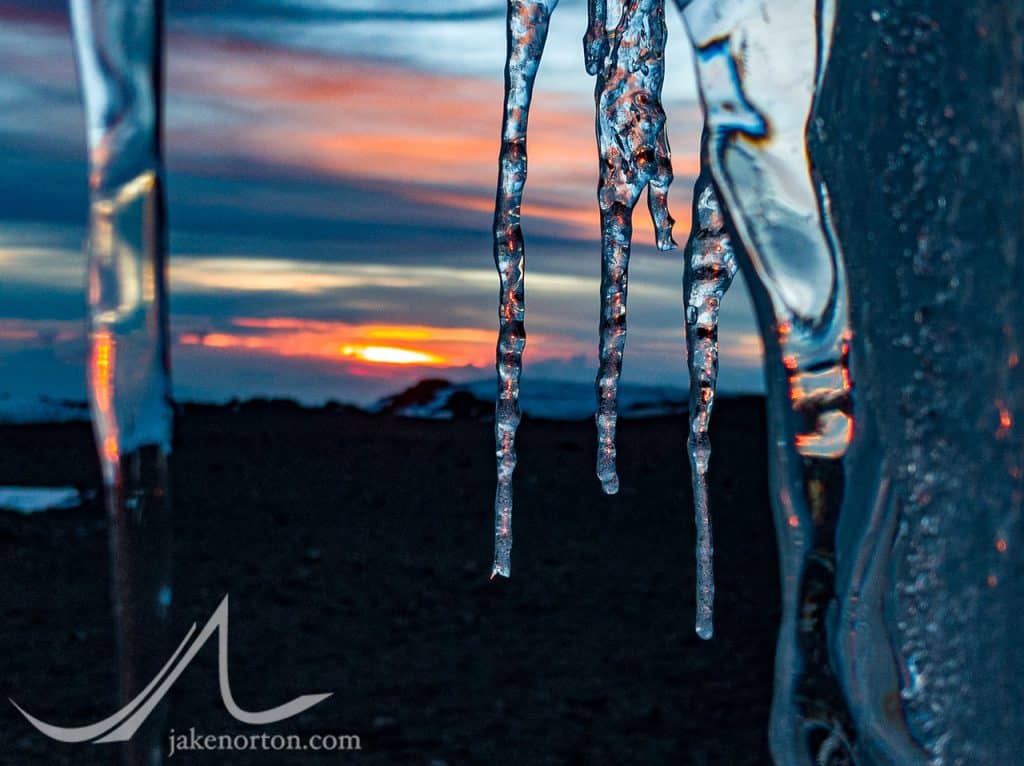
Amidst my nerves, my piles of gear and mental checklists, there’s also a great deal of excitement. On the simplistic side, excitement about finally, tentatively traveling again; for me, this is the first trip outside the US since December 2019.
More importantly, more intrinsically, my excitement derives from the kids coming on this adventure, the challenge it poses for them as individuals, for us as a family, for our team as a whole.
Kilimanjaro is not a technically difficult peak; we scramble much more difficult terrain regularly here in Colorado almost daily. But, at 19,341 feet/5895 meters, Kili is high, as in really high. 5,000 feet higher than anything the kids have climbed so far, our high camp 1,000 feet higher than any mountain in the Lower 48. And, it’s big: the tallest free-standing mountain in the world, it rises 16,100 feet above its base.
My excitement grows from their nervousness, but not in the misanthropic way, finding delight in another’s terror. No, it grows from the anticipation, the unknown they will soon begin to unwrap, the questions swirling, soon to be answered.
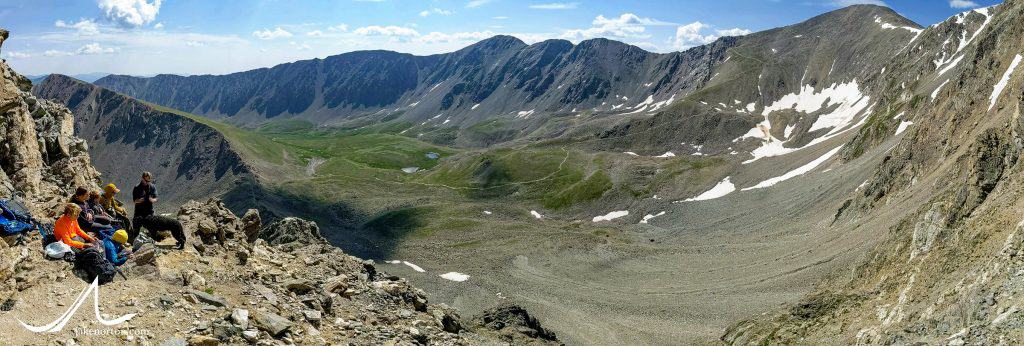
I remember well those nerves. Thirty-five years ago they coursed through my veins, tied my stomach in knots, made my hands sweat and my heart pound as I looked up at Mount Rainier towering over my Dad and I in Paradise, Washington. Could I do it? Was I strong enough? Tough enough? Smart and gritty and tenacious enough? Would I cry? Would it hurt? Would I like it, or hate it? The questions spun in my head, in my being, like a dervish, questions running into themselves without end.
Soon enough, though, experience answered them all for me: Yes. Yes. Maybe, barely. Somewhat. Yes. Yes! A lot of both.
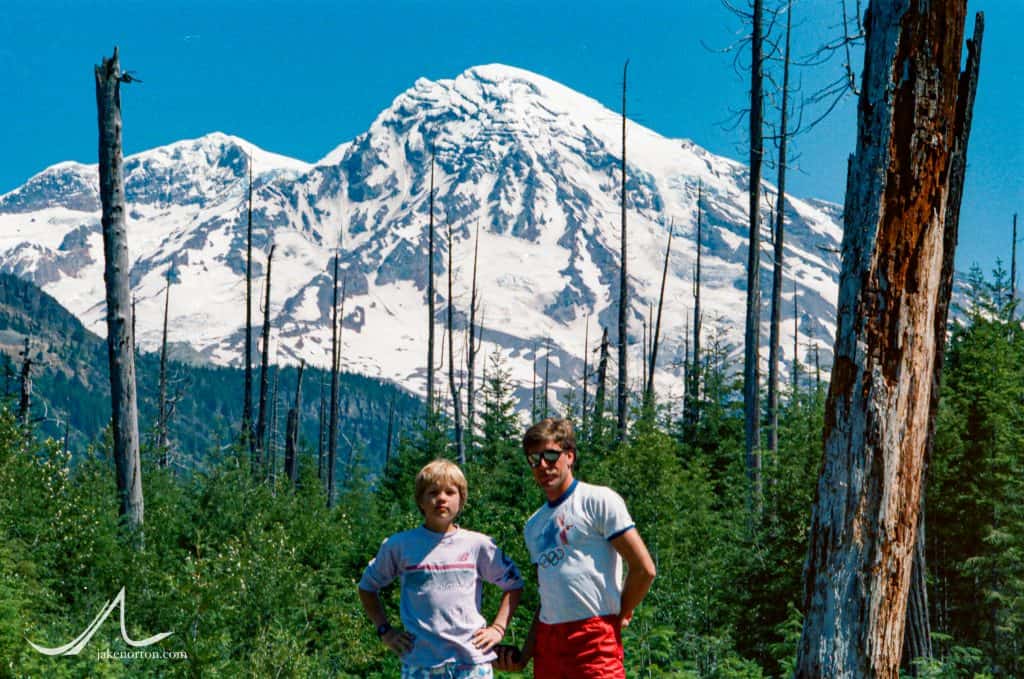
The answer came later, ethereally, to a question I never asked myself, never knew to ask: Did it change me? To that, a resounding yes. Materially, I changed in that I found something - climbing mountains - that would inspire without end from that day forward; I found a lifelong passion. More critically, however, that experience on Rainier taught me about pushing into new and difficult and uncomfortable realms, and that the hardest experiences are often the most rewarding, the ones we’re not sure we even want to have are often the seminal, defining experiences of our lives.
So, my excitement comes not from wanting my kids to follow in my footsteps, to become climbers or mountain lovers or guides or any of the sort (although I won’t complain a bit if they do). Rather, it comes from what I know, what I learned back in 1986, what I know a big mountain, a big goal, an at-times-horrible-yet-utterly-rewarding experience like Kilimanjaro will teach them: pushing ourselves mentally, physically, spiritually into the unknown is the tonic of life, and from that tonic comes a fundamental ability to push into new experiences, new challenges, new opportunities with less fear, hesitation, and questioning.
In 1975, Michael Crichton climbed Kilimanjaro. Of the climb he wrote:
I was forced to redefine myself. Climbing the mountain was the hardest thing I had ever done physically in my life, but I had done it….The experience of climbing Kilimanjaro affected me so powerfully that, for a long time afterward, if I caught myself saying, "I'm not a person who likes to do that activity, eat that food, listen to that music," I would automatically go out and do what I imagined I didn't like. Generally I found I was wrong about myself - I liked what I thought I wouldn't like. And even if I didn't like the particular experience, I learned I liked having new experiences.
- Michael Crichton
I think - I hope - my kids will learn similar things. And, with luck, they’ll also learn that there’s nothing quite so sublime, so healing, so invigorating, as sunrise from high on a mountain.

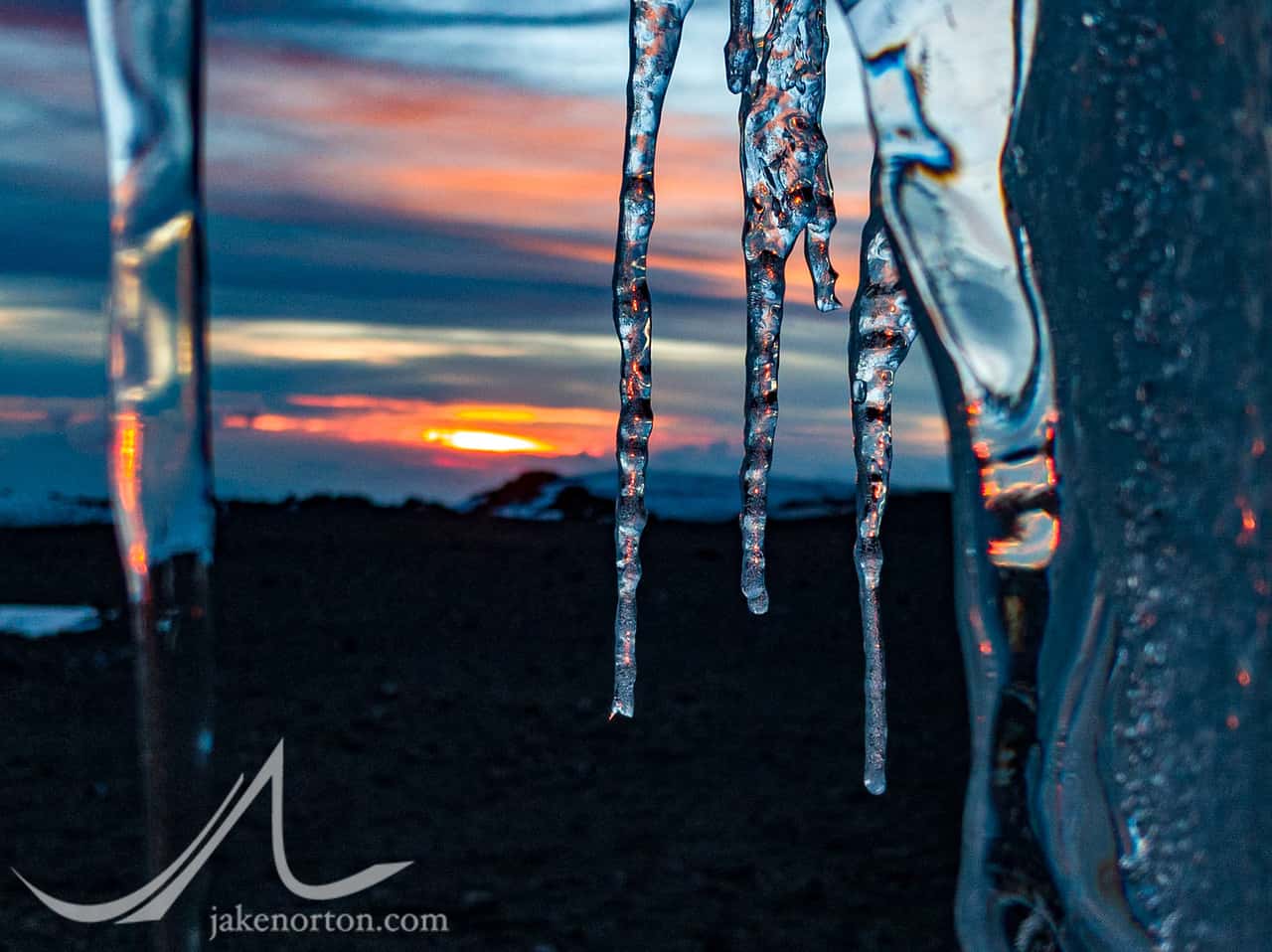
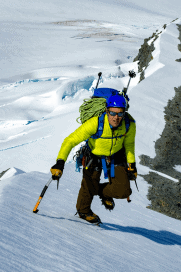

Jake - I am soooo happy for you and your family! Thanks for the reflections about my morning coffee mountain!
Steve
Thanks, Steve! Hoping you are well, and hope the morning coffee mountain was great!
Beautifully said! I love how you see challenge, your perspective on the world, and your stories. Bon voyage and happy trails!
Thank you, Meg! Hope you're doing well, my friend!
God speed and blessing to your family! Doesn't get any better! Steve
Thank you, Steve!